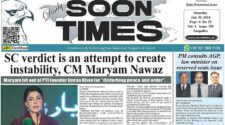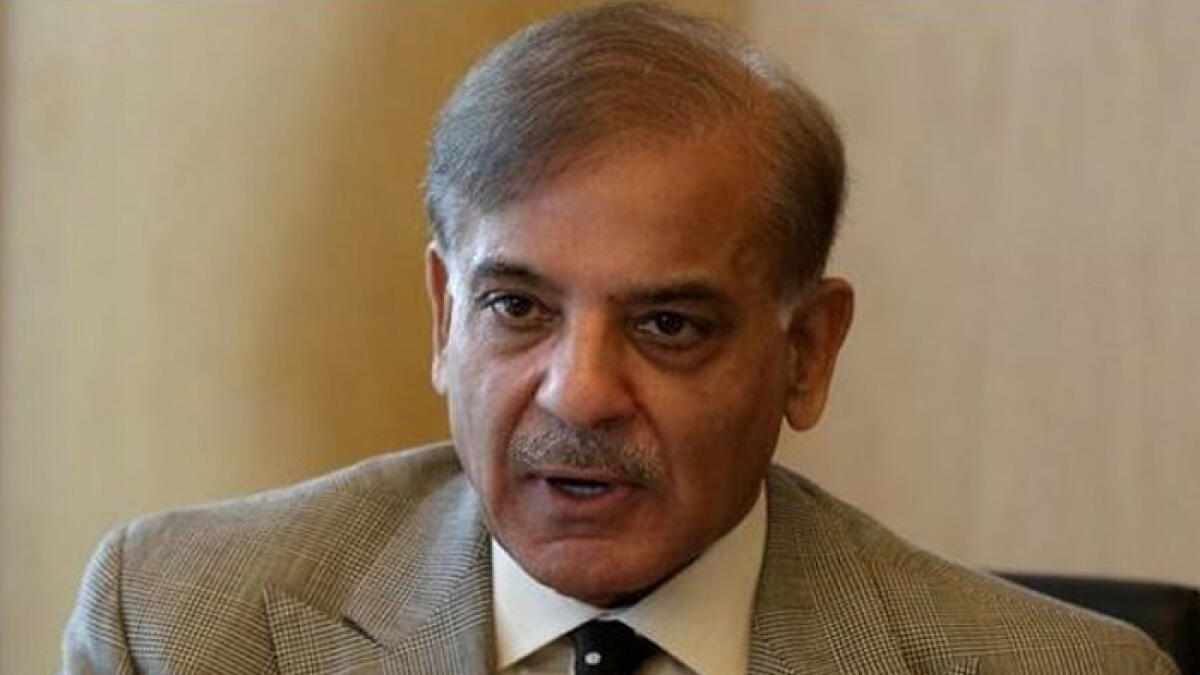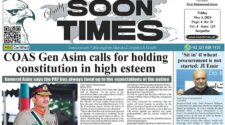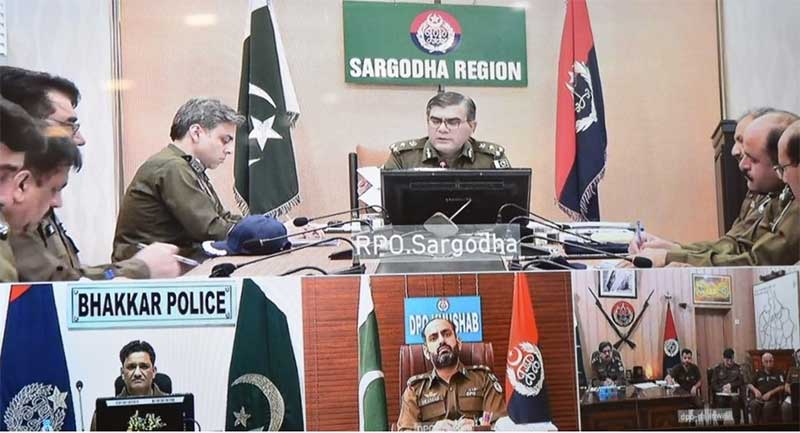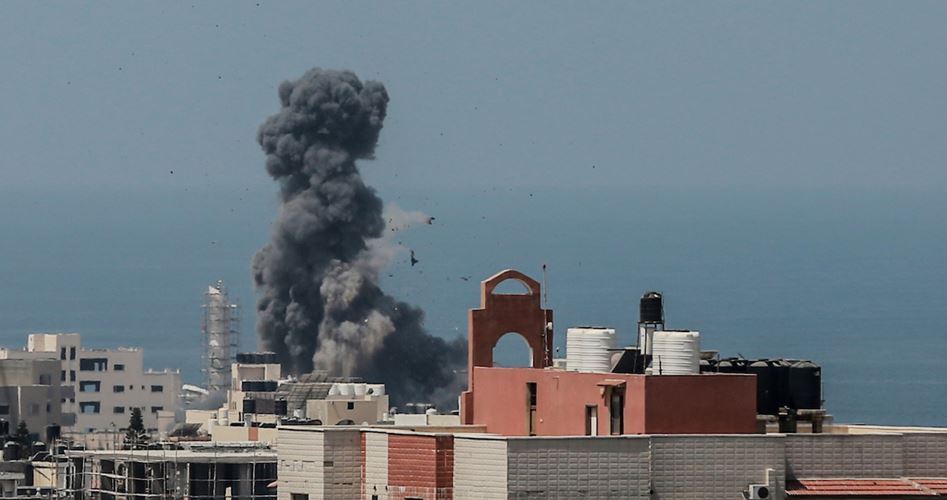By: Adham Kawa Qadir
Bachelor of International Relations& Diplomacy
adham.kawa@std.tiu.edu.iq
Since the final quarter of the last century, the importance of cultural, identity, civilization and religion issues has become more prominent by international relations experts. In the history, major movements such as “realism and liberalism” have only read foreign policy in terms of power and economic interests, and in this situation the state remains inconclusive in analyzing foreign policy. New views and opinions, particularly those developed by scientists in the branches of sociology and cultural science, can, in general, be called the “existential school”. According to the school’s opinion, state identity affects state foreign policy.
According to this theory, when analyzing the foreign policy of the state, all elements of the identity of the state and how the identity is created should be discussed. In short, the purpose of the state identity is how it defines itself against other countries and how it feels about other actors. Samuel Huntington, in his thesis clash civilizations, describes “how issues related to religion, culture and civilization of states affect foreign policy”. The main argument of this thesis is that foreign policy does not originate solely from the internal dimensions of the state. However it comes from how it is appreciated for the world community. In addition, the state sees itself as close to which civilization it considers itself to be and which one it sees as its enemy. These are important in terms of the relationship between foreign policy and culture. From here, the issue of appreciation has recently been heavily worked on in international relations. Glen Fisher, in a book entitled “The Components of Mind; the Role of Culture and Understanding in International Relations”, defends the thesis. “In fact, in international relations, the subject of how to feel and understand is more important than how and how things are done.” Also, this appreciation designs the style of education and culture of decision makers. This new view, which has been conducted to this day, will question realism investigations into international relations. As it is clear, in 1648, with the beginning of the Westvalia stage and at that time Cardinal Richellieu, a state man who dominated France’s interests, France’s religious identity and Christianity, came into the literature of international relations, accepting these concepts as a rational actor. Therefore, states are not related to the concepts of culture, identity, religion, beliefs, but rather states related to military and economic forces.
In the seventeenth century, France’s agreement with the Ottoman Muslim state against Christian Habsburg is interpreted according to this concept. In the eighteenth century, France’s weakening and Britain’s emergence changed in response to the same logic. “Britain has neither a permanent friend nor a permanent enemy,” said British diplomats. “But britain has a permanent interest,” he explained. “Our job is to protect those interests.” If we look at history in British diplomacy, it is seen that the formation of friendship and alliances was for the sake of protecting Britain’s interests. Throughout the nineteenth century Britain had competed with Russia, but in World War I it had to be an ally, thus explaining Britain’s position on the basis of its interests. Similarly, at the end of the nineteenth century, “Germany” began to become stronger, reflecting the same idea in the literature of the concept of realistic politics. In short, these do not stop on the basis of values in international relations, but on the basis of balance of power.
After the invasion of the world and the dissemination of their views and views through the new state-nation tool, which was based on the European style, the Europeans organized the interests and views of the European forces. This situation is seen as a true method in analyzing the structure of the Cold War era. But the sudden end of the Cold War has moved international relations to a different dimension.
Today these events are in reality the subject of passing through cultural filtering, the mental structure and the inner world of decision makers. But with the development of public opinion communication tools increasing day by day in foreign policy In this case, it seems that so far the phenomenon defined as “national interest” is not really related to the homeland but to the interests of the authorities. For example, before the 1979 Islamic revolution in Iran, Tehran’s relationship with the United States was defined as based on Iran’s national interest, but after the revolution, the United States was defined as an enemy of the “Iran” nation in the face of the Islamic Republic of Iran. Therefore, defining who is a friend and who is an enemy is not related to the homeland, but to the identity of the creators of their decision-making, vision, and worldview. As a subject, it will be difficult to define friends and enemies of the homeland. In the view of reconstruction, foreign policy is seen as a reflection of the identity of the state. As it exists in sociology, each state has its own identity. In response to the question “How will the identity of the state be created?” these two opinions are noted; the first one is called system-wide, and the second is named at the first level.
According to the system, the creation of state identities is analyzed as an effective result between states, and here the main link between the subject is the effective relationship with identity. According to this, the relationship between states and each other can affect them. In short, according to these opinions, identities are the product of the effects. The one-level view is more relevant to the state’s internal policy. According to this, the state’s internal political changes affect the state’s identity. In other words, when the system view identity is built abroad, the identity of the same level of view is built within the state. In terms of local politics, the concept of “political culture” has recently emerged in science. According to the writer Mansour Farhang, in the West, when a state’s foreign policy is analyzed, it is evaluated in terms of material interests. Outside the Western world, the theory of modernism and reliance on each other is used. But in some situations, especially in Iran’s situation, these theories will not benefit. According to the dictionary writer, the main reason for not predicting the West for the Islamic revolution in Iran is due to the lack of proper attention to the phenomenon of religion by Western researchers and experts. Lehrada, a writer, emphasizes the existence of Iran’s identity inside. According to westerners, the most important characteristic of Iran’s identity, which is “religion”, was not considered. In other words, it is sometimes very difficult to understand geo-cultural code in any country, and this is true for Iran, which causes major mistakes in interpretations.





